Playing off of the words of none other than hip-hop artist extraordinaire Eminem and rock legend David Bowie, as a result of the new rules enacted by FASB, all of us are (or soon will be) “Going Through Changes” that ultimately will force us to “face the strange,” and to a large extent the consequential pain associated with the fallout from these “Ch-Ch-Changes.”
Historical Perspective and Necessity
- The underlying reasoning behind these changes: Consistency, transparency, comparability and valuation.
- Simply put, whereas most of the world has required the reporting of a commercial lease to be recognized as both an asset and liability on their balance sheets, we in the United States have elected not to do so, effectively making Demi Lovato’s song “Wouldn’t Change a Thing” one of our lease reporting mantras. In more exact terms, almost all commercial space lease obligations have been classified as operating leases, which in simple terms are merely written off as an expense on a company’s profit and loss statement.
- Since the early to middle part of the 2000’s, the Securities and Exchange Commission, given that financial statements were not accurately portraying the health and well-being of a company’s true financial picture due to the non-inclusion of commercial space leases on a company’s balance sheet, have been relentlessly pushing FASB to enact lease reporting changes.
- Prior to FASB reporting changes taking place for public companies (subsequent to December 15, 2018) and for private companies subsequent to December 15, 2020, commercial leases were/continue to be reported as an “off-balance sheet” item. After the aforementioned period for private companies comes into play, all commercial space leases will be considered capital leases, which in laymen terms will have the impact of:
- FASB reporting changes mandating a commercial lease to be recognized as both an asset and liability on a balance sheet, rather than being merely written off as an expense on a company’s profit and loss statement.
- having both the asset and liability side of a tenant’s balance sheet;
- many companies will “front load expenses”;
- leases of 12 months or less will not need to be reported on a company’s balance sheet (unless the tenant’s lease contains a renewal option and it is “reasonably certain” that it will exercise same beyond the initial 12 month period).
- For sake of clarity and emphasis, given that a capital lease is essentially treated as if it was a loan, effectively the lease will be treated as if it is an asset owned by the tenant requiring it to be reported on the tenant’s balance sheet. As a consequence, careful planning will need to be done as these new found “liabilities” will potentially impact a tenant’s loan, capital and credit requirements.
Various Scenarios That May Occur as a Consequence of the FASB Lease Reporting Changes
- Tenants may be incentivized to purchase a building for their business operations;
- Tenants may be incentivized to enter into shorter term leases;
- If tenants enter into shorter term leases:
- brokerage commissions accordingly will be reduced;
- there will be greater competition among brokers to retain their customers;
- free rent, tenant improvement allowances and landlord work concessions will be reduced;
- the decreased size of construction budgets will trickle down to the bottom lines of contractors and to a lesser extent architects; and
- landlord’s will ultimately have less in the way of long term secure and stable cash flow, and as a consequence thereof, underwriting of the underlying mortgage of their buildings will be impacted.
- Where applicable in certain markets, tenants may push to have purchase options included in their lease.
- Triple net leases (“NNN”) may gain popularity, given that future payments for operating expenses, real estate taxes and insurance will not have to be reported as liabilities on a tenant’s balance sheet.
- Given the liability associated with a 10 to 15 year lease, certain businesses carrying long term leases may have difficulty attracting financial investors and lenders (in the latter case, due to compliance with debt to service coverage ratios).
- As a general statement, the reporting changes will not impact how a lease will be reported for tax purposes (as opposed to financial statement reporting).
Conclusion: No matter how you go about transitioning to the FASB reporting changes, Leasing REality’s unsolicited suggestion is to acknowledge the following songs of Bob Dylan, Cyndi Lauper, REO Speedwagon, and the motivational quote of legendary UCLA basketball coach John Wooden.
- “Things Have Changed” – Bob Dylan
- “Money Changes Everything” – Cyndi Lauper
- “Roll with the Changes” – REO Speedwagon
- “If You Fail to Prepare, Prepare to Fail” – Coach John Wooden

